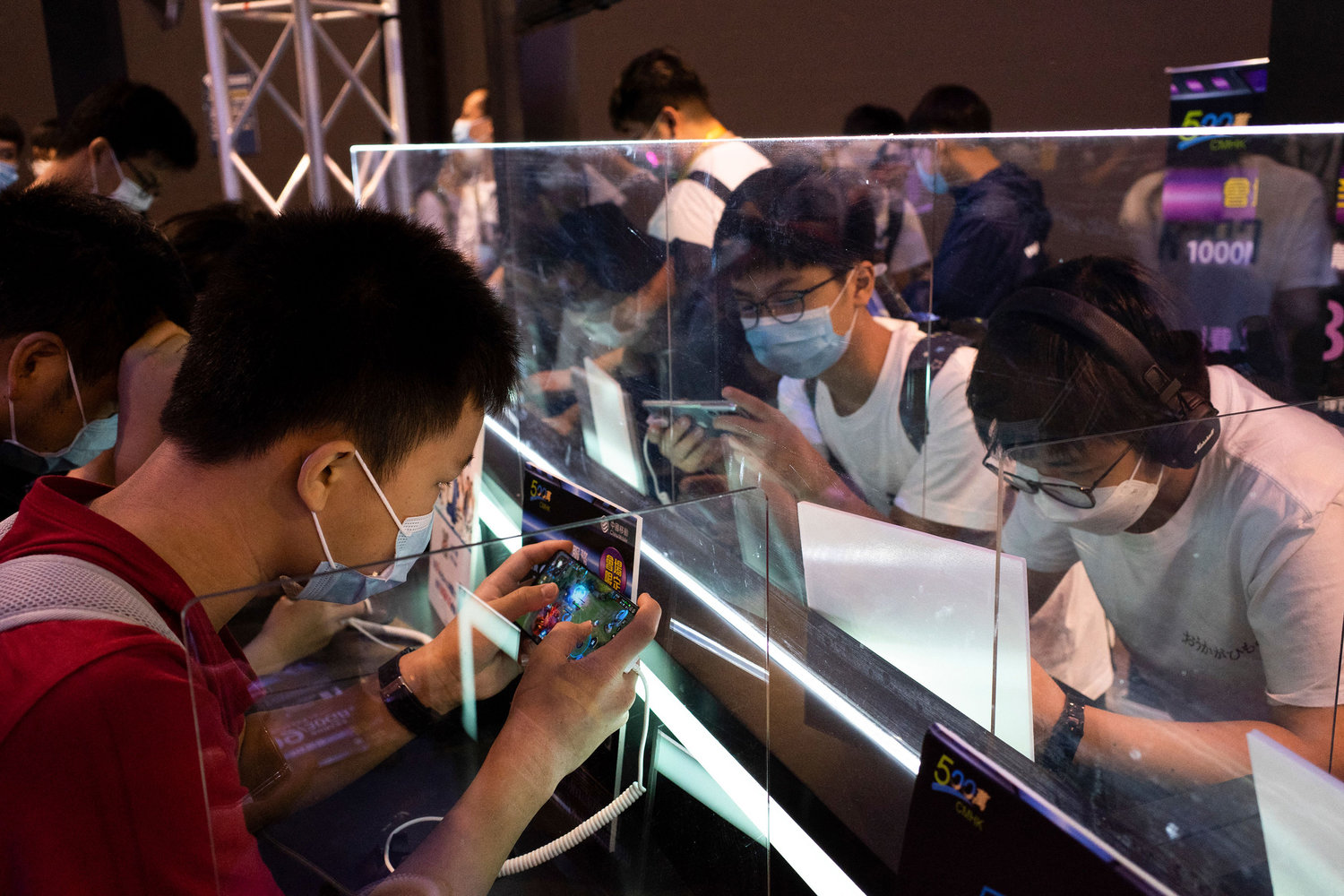China’s gaming industry, once stifled by regulatory challenges, has made a remarkable comeback in 2024. The National Press and Publication Administration (NPPA) announced on December 19 that the country has approved over 1,400 video game titles this year, marking the highest number of licensed games since 2019. This resurgence reflects a significant shift in the landscape of gaming in China.
In 2021, the industry faced a severe setback when an eight-month freeze on game licenses was implemented as part of a broader regulatory crackdown. Despite these challenges, the number of gamers in China has grown slightly to 674 million, reflecting a modest increase of 1%. This growth suggests that while regulations may have impacted new game releases, the existing player base remains engaged and active.
The robust performance of China’s gaming industry is evident in its financial metrics. In 2024, the sector experienced a year-on-year sales increase of 7.5%, reaching a substantial total of 325.8 billion yuan (approximately US$44.6 billion). Additionally, Chinese developers capitalized on international markets, earning US$18.6 billion from overseas, which represents a 13.4% increase compared to the previous year.
The NPPA’s latest approvals included 1,306 domestic games and 110 foreign titles. This is a noticeable improvement from 977 local games and 98 imported titles licensed in 2023. Noteworthy foreign games such as “Uncharted Waters: Legend” and “Red Alert: Glory” contributed to this influx. The December approvals alone accounted for 122 domestic titles and 13 imported games, underscoring the growing diversity in the gaming market.
The recovery of the gaming industry can be attributed to several standout titles that have captured both domestic and international attention. “Black Myth: Wukong,” touted as China’s first AAA game, has been pivotal in showcasing local talent and innovation. Additionally, “Ananta,” an open-world role-playing game developed by NetEase, further highlights the quality and creativity emerging from Chinese developers.
Featured image courtesy of The Chronicle

